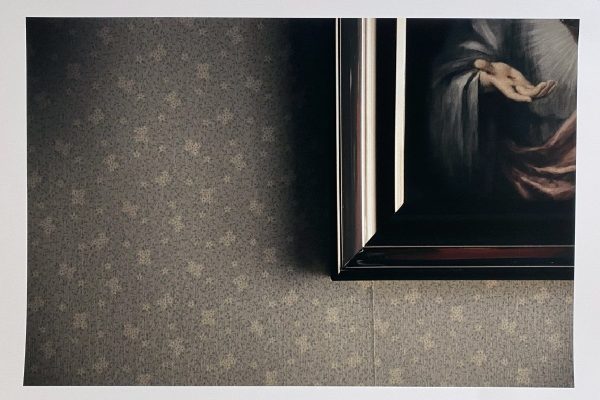
Photography/ Volver (The Return), by Judith Martinez Estrada. At Huw Davies Gallery until April 27. Reviewed by CON BOEKEL.
Judith Martinez Estrada focuses on migration, memory and identity.
The epicentre of this exhibition is the Madrid flat rented by Estrada’s family for over a century. Estrada first mines the flat for family photos, documents and everyday objects. Then she transforms them using post processing, video and installations.
Estrada uses rubber bands and paper clips to fasten sets of photos and documents before photographing them. The packets are uneven with edges of documents protruding. The rubber bands cover part of the photos. The past is partly visible but is also partly hidden.
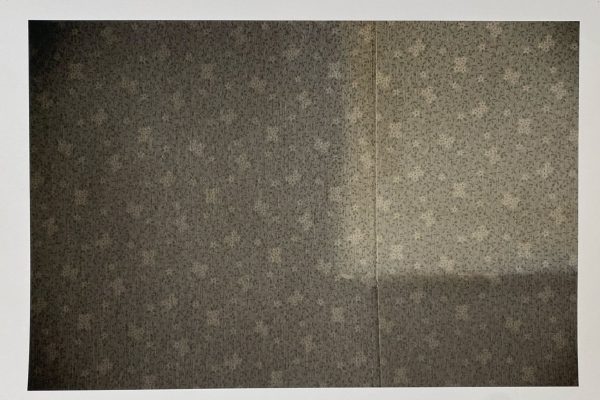
The analogue-digital divide is an inflection point. There is something very comforting for this septuagenarian about hard copy, cursive script, paper clips, rubber bands, real cloth and sturdy dress-making shears.
By way of contrast, digital memories are entirely absent from the exhibition. How do we hold or store or exhume memories embedded in untold thousands of left or right flicks, digital images, texts and emails? Perhaps Estrada achieves an analogue-digital resolution of sorts where she uses post processing to superimpose ghostly images of family members onto sections of the flat as in Emilia.
Estrada discovers that her grandfather received an official commendation during the Spanish Civil War for saving art treasures. My Spanish is rudimentary but it rather looks as if the commendation came from the Valencia Junta – one of the Carlist groups which fought the Republicans. But perhaps it was the other way around? Like so many families, the Estrada family embeds memories of war.
The commendation remained unknown to the rest of the family for 80 years. Estrada’s project released and embraced the memory. In “The Expedition” Estrada uses a video to document her quest from Madrid to Valencia seeking personal connection with her grandfather.
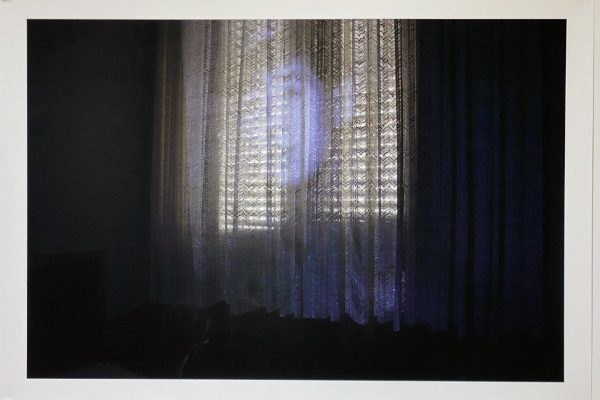
While Estrada does provide some English-language explanations, the bulk of the Spanish language texts are presented as untranslated fragments – a mute but powerful reminder of the language barriers that challenge migrants.
There is wry humour. It turns out that the tobacco industry was marketing the message that smoking is a healthy habit in Spanish as well as in English.
There is a further allusion. Migration may involve religious tensions between those family members left behind and those who migrated. Here the exhibition resonates at a deeply personal level by way of a pair of prints: When God Left 1 and When God Left 2. The first print shows part of a picture of the iconic “Sacred Heart of Jesus” hanging on a wall. In the second print there is only the light patch left when the picture was removed.
This reminds me of the family strains as my stay-at-home Dutch family members mostly left the Catholic church while most of the family’s first-generation migrants doubled up. As with so much in this exhibition such memories are hinted at
The exquisite sensibility and conceptual rigour of this exhibition is underpinned by its technical strength. Estrada’s photography is superb. The post processing is canny. The printing is top quality. On the other hand the continuity of the video seems jumpy. The homely objects in the installations help ground the exhibition.
The curation along two axes is insightful. A reproduction of grandfather’s commendation on cloth is one of the focal points. The other is the video of Estrada’s journey from the family flat to the place where grandfather earned his commendation.
The exhibition is non-judgemental, tantalising. It is a layered contemplation of mementos and of the nature of memory. The exploration is affectionate, sensitive and inclusive.
Estrada shares her memories with sense and sensibility.
Who can be trusted?
In a world of spin and confusion, there’s never been a more important time to support independent journalism in Canberra.
If you trust our work online and want to enforce the power of independent voices, I invite you to make a small contribution.
Every dollar of support is invested back into our journalism to help keep citynews.com.au strong and free.
Thank you,
Ian Meikle, editor
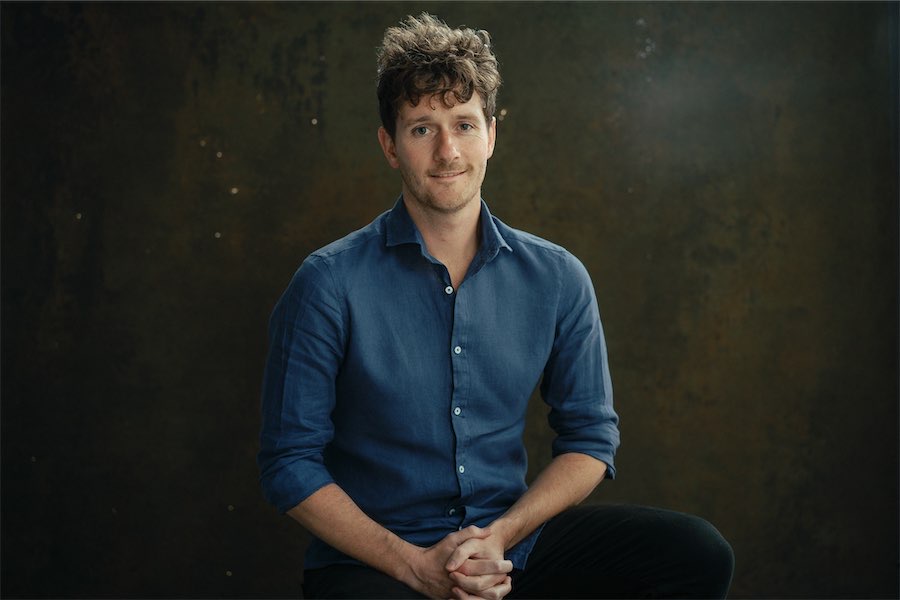
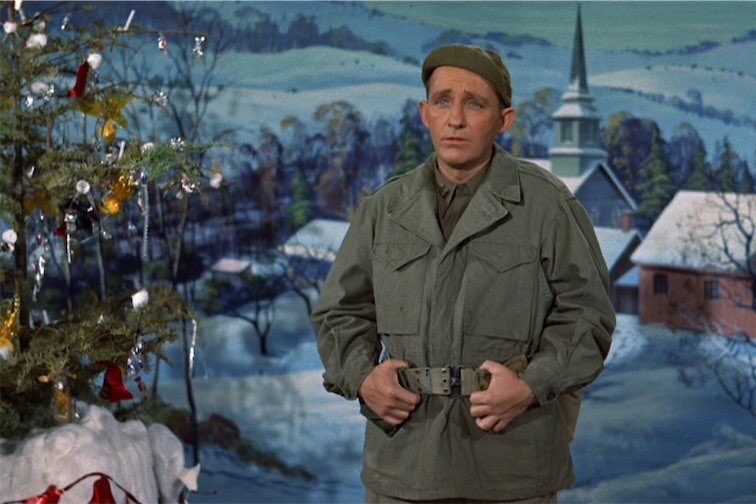


Leave a Reply